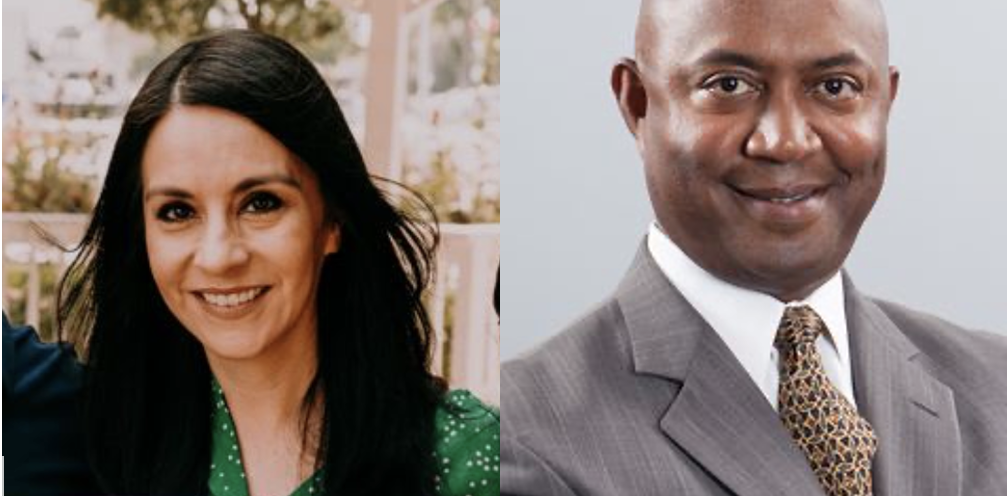January 4, 2022
Jovita Mendoza is a first-year elected city council member in the Northern California town of Brentwood. She is one of the five formal proponents of the “Our Neighborhood Voices Initiative” who are working hard to find the donor financing needed to meet the huge cost of gathering more than 1 million signatures to place this crucial citizen-driven measure on California’s 2022 statewide ballot.
John W. Heath, a native Angeleno who grew up in Southern California and attended law school in Northern California, is another of the five proponents of the “Our Neighborhood Voices Initiative.” John Heath wants to see collaborative solutions to California’s affordable housing crisis.
Instead, numerous new California laws target Latino and Black homeowners and their communities, inviting speculators and investors to overtake such areas as South Los Angeles, and dozens of heavily Latino homeowner suburbs in California. Livable California has identified some of the most threatened communities of color targeted by the State of California via laws that override local land-use power, including SB 8, SB 9, SB 10 and SB 35.
The State Capitol should never act as a distant City Hall that we cannot access, but the State is doing just that.
Jovita Mendoza’s parents both immigrated to the United States from Mexico in their teens in the hope of having a better life. They were able to purchase a home in Oakland on a split lot, not unlike the concept behind the much more flawed and overreaching new state law, SB 9, which overrides cities ability to plan their own neighborhoods. She became involved in local land-use issues as a result of poorly planned development projects that negatively impacted her hometown.
“I see the need for more affordable housing, but I don’t believe the latest bills made into law by the State of California will help create affordability,” said Jovita Mendoza. In particular, she is worried about lower-income communities in California, “which are the most affordable to investors, being snatched up and displacing individuals that will be priced out.”
Jovita Mendoza lives in a single family zoned neighborhood, the right choice for her family now. She believes that well-planned communities that offer choice while maintaining city infrastructure is key when planning growth, and that work is best done at the city level, not by the State.
John Heath’s career as an engineer for a public utility and as a public finance attorney for an international law firm, and his work spanning 17 years developing and managing affordable housing, showed him the critical need for all levels of government to work closely with local communities and the private sector — if the shared goal is to create affordable housing on a larger and faster scale.
John Heath agreed to serve as a proponent of the “Our Neighborhood Voices” initiative because he believes Californians can’t afford to allow a handful of Sacramento politicians embrace “one-size-fits-all” land use planning and zoning policies that silence local communities on local planning decisions.
He notes: “The ‘Our Neighborhood Voices’ initiative will amend California’s constitution to ensure that the People can participate in critical decisions on land use and zoning policy and to preserve the ability of local communities to determine how best to meet the critical need for more affordable housing without destroying existing communities.”
In 2016, John Heath co-founded the non-profit United Homeowners’ Association where he served as president until last year, representing more than 11,000 residents of unincorporated Windsor Hills, View Park and View Heights in South Los Angeles. He is also CEO of New Life Economic Development, a nonprofit affordable housing development and property management firm based in South Los Angeles, responsible for the development, management and/or finance of more than 1,500 affordable housing units and more than $500 million in completed real estate projects.
Donors interested in backing this important effort to return local planning to the cities and communities, please go to the Our Neighborhood Voices Initiative page and easily set up your donation. Large donors are encouraged to contact the initiative campaign.

